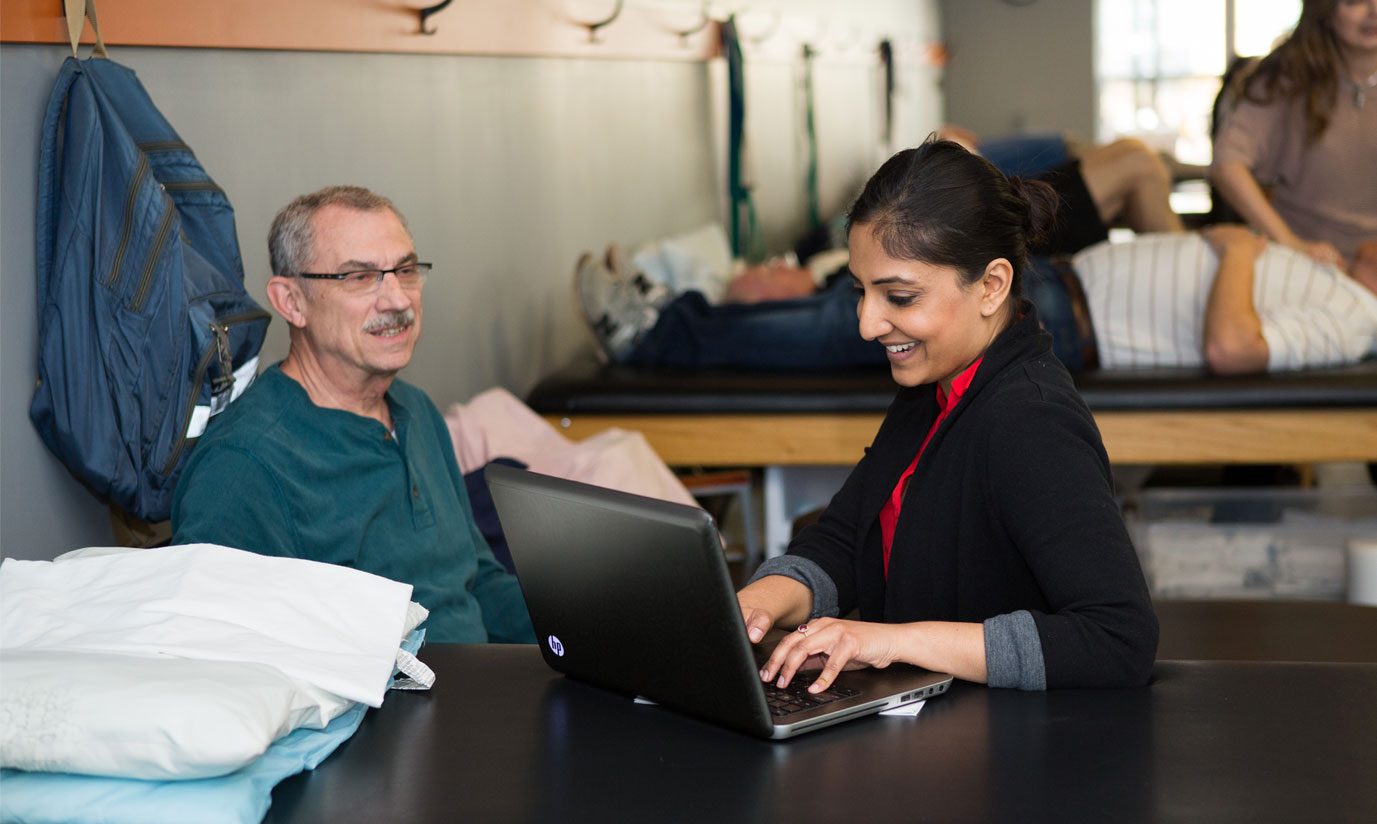
Managing Cognitive and Behavioral Challenges After Brain Injury
Recorded On: 05/31/2024
-
Register
- Non-Member - $149
- PT Member - $109
- PTA Member - $109
- Student - $59
- Post-Professional Student - $109
- APTA Staff - Free!
This course is one of six courses in the Brain Injury Certificate and is available for individual purchase. Interested in the full certificate experience? Click here to explore the complete series.
Brain injuries often affect more than movement. Changes in memory, attention, behavior, and emotional regulation can slow recovery and create major barriers to safe discharge and long-term independence. This course helps clinicians recognize common cognitive and behavioral challenges after brain injury, understand how these issues change across recovery phases, and apply practical strategies to improve patient participation, safety, and functional outcomes. Participants will also learn how to work more effectively with interdisciplinary rehabilitation teams to support coordinated, patient-centered care.
Key Features
- Format: Asynchronous, on-demand webinar
- Cost:
- $109 for Members
- $59 for Students
- $149 for Non-members
- Earn CEU: 0.2 (2 contact hours)
Course Instructions
- Click on the Contents tab to watch the course recording.
- Click the Take Quiz button to complete the assessment. Learners will have 3 attempts to pass and must answer at least 70% of questions correctly.
- Click Fill Out Survey under the Evaluation listing to provide valuable course feedback. Scroll down on all questions as there may be answer options that expand past the size of the window.
- Click the View/Print Your Certificate button under the Certificate listing. You can view/print your certificate at any time by visiting the APTA Learning Center and clicking the CEU Certificate/Transcript link on the left-hand side of the page.
Need Assistance?
For assistance logging in, accessing activities, claiming credit, or for other questions or concerns, please e-mail learningcenter@apta.org.


